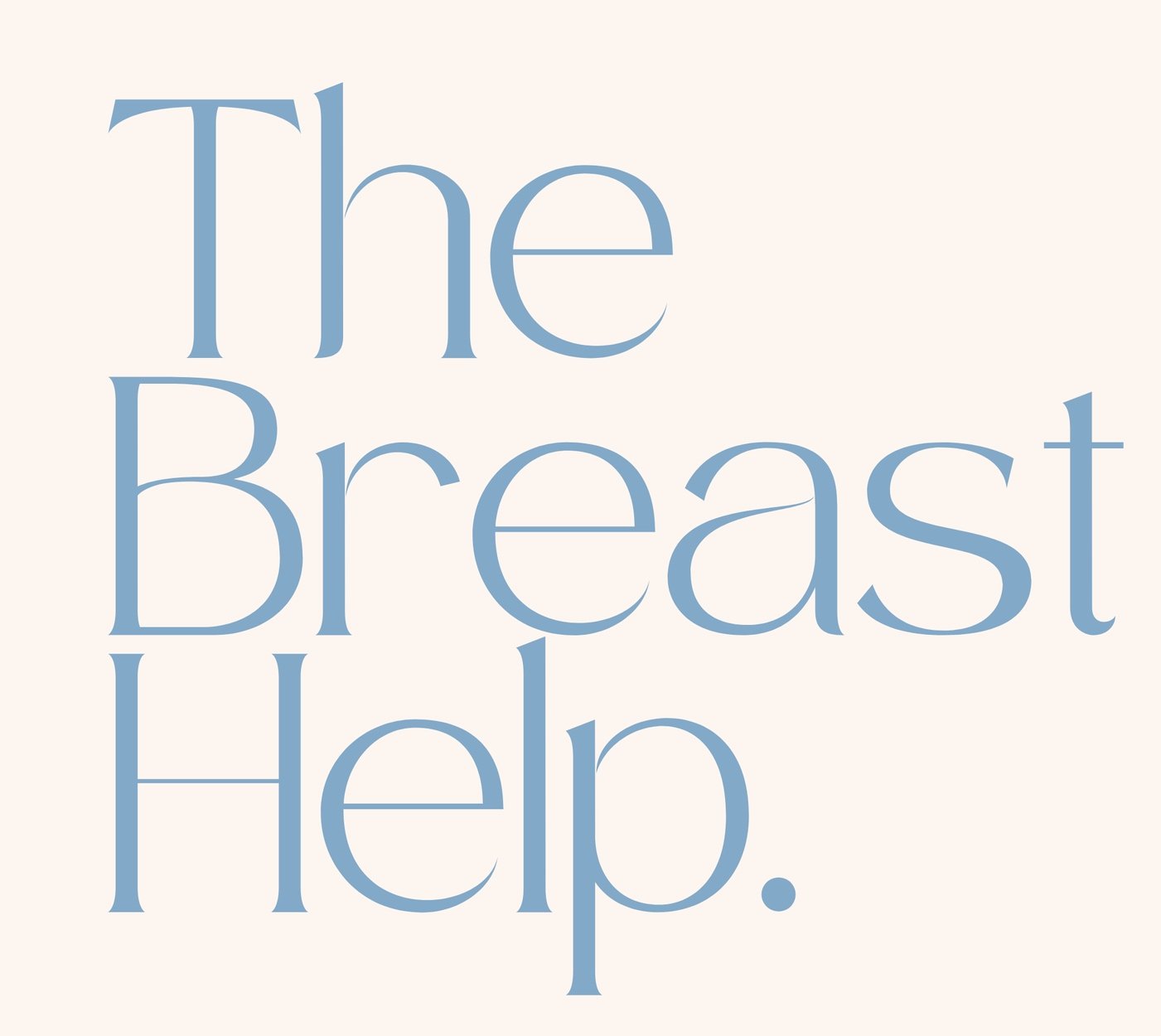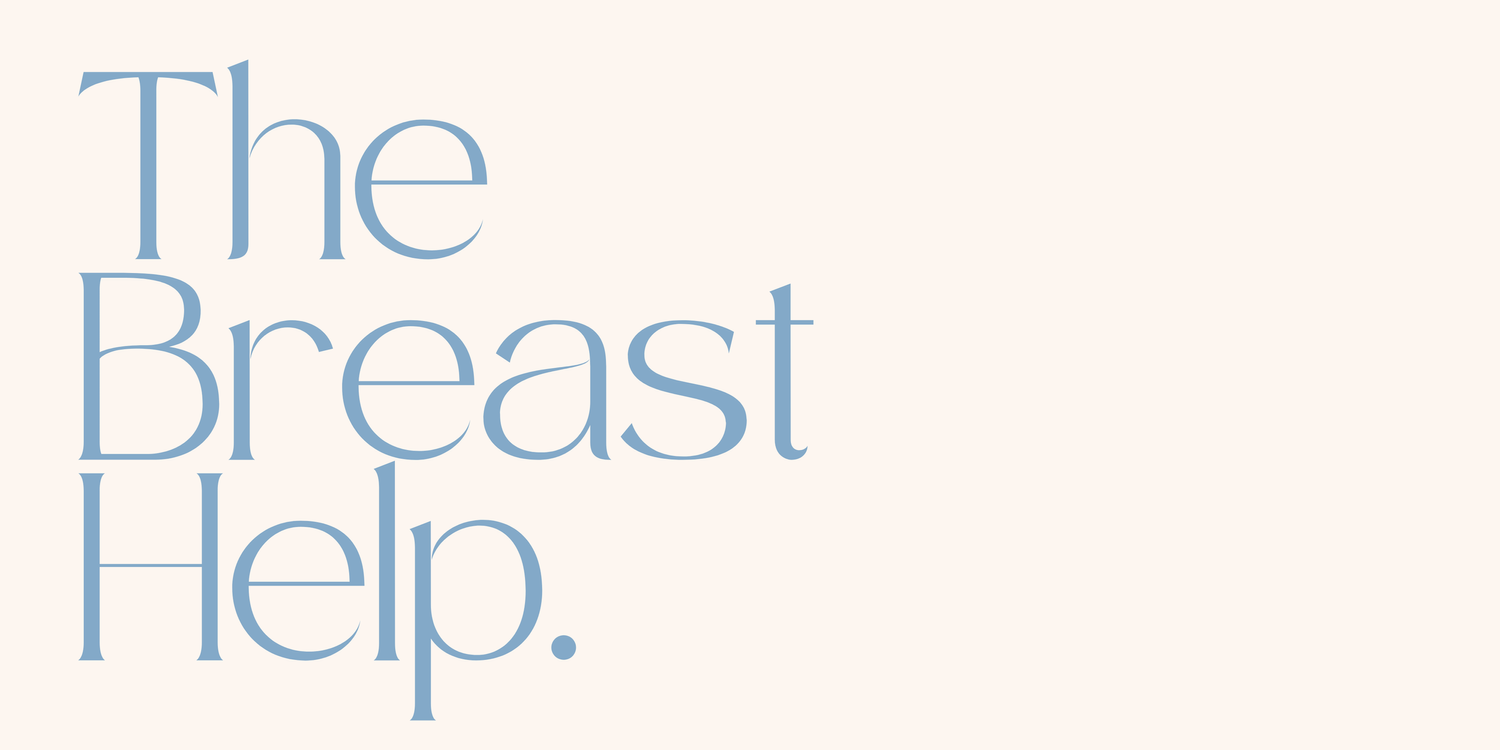How Parents Can Identify and Address Oral Function Issues that may be Affecting their Baby's Sleep
Identifying Oral Function Issues
Parents should watch for the following signs that may indicate oral dysfunction impacting their baby's sleep:
Feeding Difficulties: Problems with breastfeeding, painful latch, frequent gagging, or refusal of certain food textures [2][3][7].
Mouth Breathing: Regular open-mouth breathing, especially during sleep, can signal airway or oral function issues [1][3][7].
Snoring or Noisy Breathing: Persistent snoring, gasping, or noisy breathing during sleep may be a sign of airway obstruction, possibly linked to oral restrictions like tongue tie or enlarged tonsils [5][7].
Frequent Night Wakings: Difficulty settling, frequent waking, or restless sleep not explained by other causes [1][3].
Use of Pacifiers or Fingers: Over-reliance on pacifiers or finger-sucking to settle, which may be a compensatory behavior for oral restriction [2].
Speech or Developmental Delays: Delayed babbling, speech issues, or difficulty making certain sounds can be associated with oral dysfunction [1][3].
Addressing Oral Function Issues
Consult a Specialist Early
If you notice any of the above signs, start by consulting a lactation consultant for feeding and latch assessment, especially if breastfeeding is challenging [2].
If issues persist, seek evaluations from paediatricians, paediatric dentists, ENT specialists, or allied health professionals such as speech pathologists or myofunctional therapists [1][2][3][7].
Professional Assessment and Diagnosis
A thorough assessment may include examining the mouth for tongue or lip ties, evaluating feeding and breathing patterns, and possibly conducting a sleep study if sleep-disordered breathing is suspected [3][5][7].
Professionals may use tools like sleep diaries, feeding observations, and physical exams to determine the root cause [5].
Treatment Options
Therapies: Myofunctional therapy, occupational therapy, or speech therapy can help retrain oral habits and improve function [1][3].
Medical or Surgical Interventions: In cases of anatomical restrictions (such as tongue or lip tie), a minor surgical procedure may be recommended [1][2][7].
Ongoing Support: Addressing environmental and behavioral factors, optimizing sleep hygiene, and supporting emotional well-being are also important [1][3].
Monitor Progress
“Treating oral dysfunction requires a multi-disciplinary approach that gets to the root cause… and a custom treatment plan built just for you.” [1]
Step + What Parents Should Do
Recognise Signs: Feeding issues (mouth breathing, snoring, night waking)
Seek Early Assessment: Consult lactation consultant, paediatrician, dentist
Get Professional Diagnosis: Oral exam, feeding observation, possible sleep study
Follow Treatment Plan: Therapy, surgery if needed, optimise routines
Monitor and Support: Regular follow-up, adjust plan as needed
Early identification and intervention are key to resolving oral function issues and improving your baby's sleep and wellbeing [1][2][3][7].

